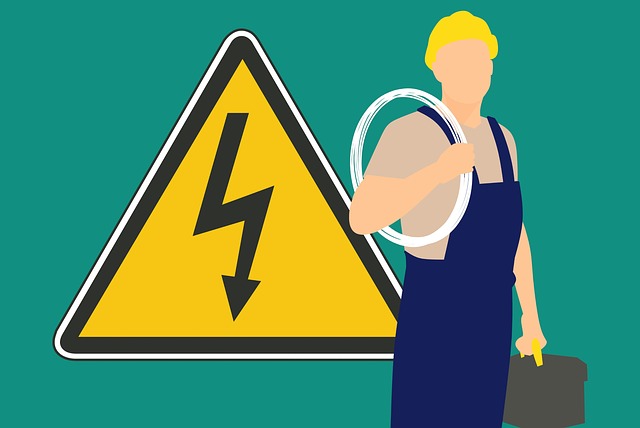Electronics Safety Rules

Electronics can be dangerous if safety is disregarded. Always know what you are working with and identify any potential power sources including capacitors or batteries. Never work on a circuit that you have not tested. Just because it’s been sitting in the closet doesn’t mean it’s safe! Any circuit that uses power from an outlet has the potential to be lethal so practice good safety techniques. Here is a short list of recommended precautions to take every time you work with electronics:
Electronics Safety Rules to Live By
- Always manually disconnect a circuit from power before you work on it. Don’t rely on a switch; switches can fail. Ensure that the circuit is completely disconnected from any possible power source.
- Disconnect the circuit starting with the initial source of power. If it’s wall powered, unplug the device at the socket. If it’s battery powered, remove the battery from the connector or holder.
- Have a plan to safely disconnect the circuit if anything goes wrong. Ideally you can disconnect the circuit without moving from your spot, and without reaching over your project. For higher-voltage applications, give your circuit some distance from the connection point. Connect the power and wait at the connection point until you are certain that the circuit is functioning correctly.
- For all high-voltage work (or any project you want added safety for), have a buddy. Their first response will always be to disconnect the power.
- Do not reconnect the power until you are done working with the circuit.
- Make sure that no one else can accidentally re-energize the circuit while you are working on it. In industry, a Lock-Tag-Try system is used.
- Ensure the surface you are working on is non-conductive. Wood or plastic work well for most applications. For high voltages, use a non-conductive mat and ensure that you are standing or sitting on a non-conductive surface as well.
- Always wear safety goggles.
- Disconnect the circuit immediately if you see sparks or fire, or smell anything burning.
- Capacitors are the most dangerous component. It’s easy to forget about them, or to assume that they are discharged. Ensure that all of your capacitors are fully discharged before working on a circuit. Every single one.
- Keep your work area dry and clean. Ensure that your circuit is dry and clean.
- When soldering, wear gloves and long sleeves to protect your arms from the hot iron, flux, and fumes. Work on a thermally insulative surface.
- Have safety equipment within a short distance: telephone, first-aid kit, and fire extinguisher.